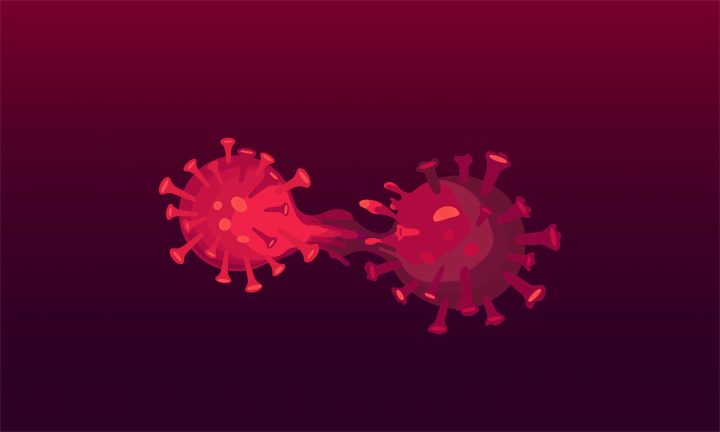Saskatchewan’s chief medical health officer Dr. Saqib Shahab confirmed that there’s been no new cases of novel coronavirus variants in the province on Thursday.

A week ago, a third case of the COVID-19 variant B.1.1.7 — which was first discovered in the United Kingdom — was announced by the provincial government to have been detected.
“We are still at three cases in Saskatchewan of the B.1.1.7 only. All related to travel, all isolated successfully with no evidence of community transmission,” Shahab said.
He said three variants — including ones first identified in South Africa and Brazil — have all been detected in Canada and advised people in Saskatchewan to keep their guard up.
“All three (variants) have been identified in Canada … and so this is something that we need to continue to watch,” Shahab said.
“It’s a reason for reducing unnecessary travel outside of the province, maybe watching, monitoring ourselves very closely whenever we travel anywhere, maybe thinking of staying as much as home as possible.
“If you have travelled out of the province, getting tested at the slightest concern and mentioning that you have travelled out of the province, even if not internationally, is going to be so important to pick variants of concern and make sure that we try to avoid, as much as possible, community transmission.”

Saskatchewan Premier Scott Moe also spoke during the COVID-19 briefing in Regina on Thursday.

Get weekly health news
“We have some challenges ahead. We have a number of variants that are now present in the world and in Canada and even one of them now that is present in Saskatchewan. And so we are in a little bit of a race against time to some degree,” Premier Scott Moe said.
“And we want to make sure that as we receive … vaccines, that we’re making them available to Saskatchewan people as quickly as we possibly can. And we want to reduce our hospitalizations, our deaths, those negative outcomes that we have. That is our priority.”
Last week, the province said the Roy Romanow Provincial Laboratory (RPPL) in Regina tests travellers for variants of concern, but those tests must be genome-sequenced in Manitoba and the process can take two weeks.
- ‘Alarming trend’ of more international students claiming asylum: minister
- Justin Trudeau headed to UN Summit of the Future amid international instability
- Canadian government’s satellite deal has Tories calling for Elon Musk involvement
- TD Bank moves to seize home of Russian-Canadian jailed for smuggling tech to Kremlin
It added the RRPL is planning to increase their capacity to complete genome sequencing.
“The public health laboratory is increasing screening and testing. They are at three to six per cent. They need to go up a bit, maybe start in-house testing as well as in-house genotyping as well but this is something we absolutely need to continue to watch closely,” Shahab said.
Health officials said the best protection against all variants remains the same as protection against COVID-19: stay home, physically distance, wash hands frequently, wear a mask and get tested if experiencing even mild symptoms.
Questions about COVID-19? Here are some things you need to know:
Symptoms can include fever, cough and difficulty breathing — very similar to a cold or flu. Some people can develop a more severe illness. People most at risk of this include older adults and people with severe chronic medical conditions like heart, lung or kidney disease. If you develop symptoms, contact public health authorities.
To prevent the virus from spreading, experts recommend frequent handwashing and coughing into your sleeve. They also recommend minimizing contact with others, staying home as much as possible and maintaining a distance of two metres from other people if you go out. In situations where you can’t keep a safe distance from others, public health officials recommend the use of a non-medical face mask or covering to prevent spreading the respiratory droplets that can carry the virus. In some provinces and municipalities across the country, masks or face coverings are now mandatory in indoor public spaces.
For full COVID-19 coverage from Global News, click here.







Comments